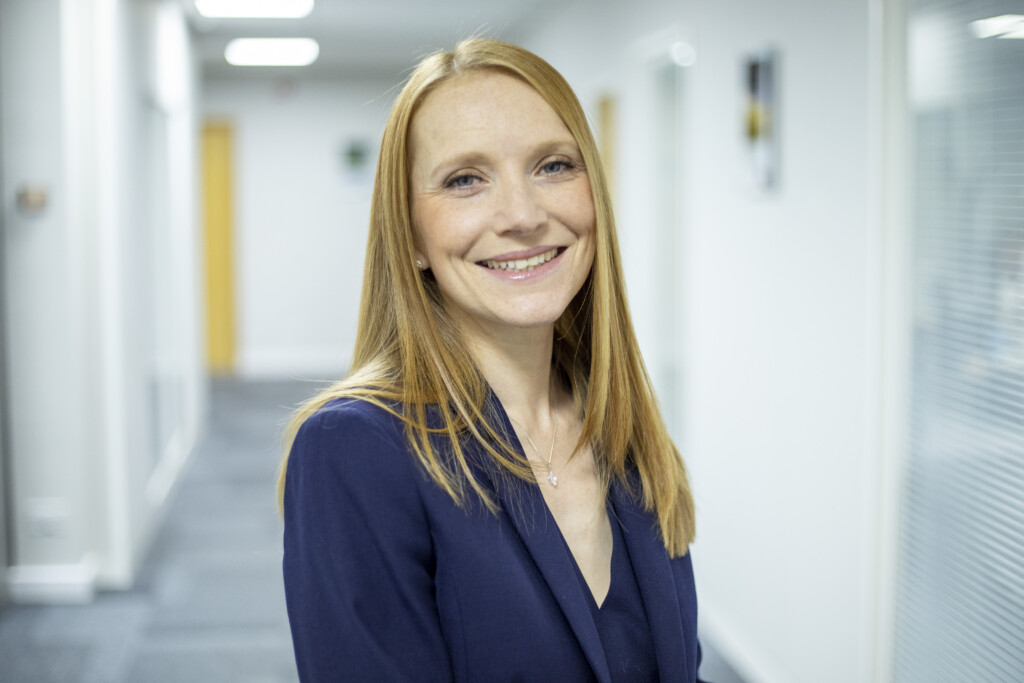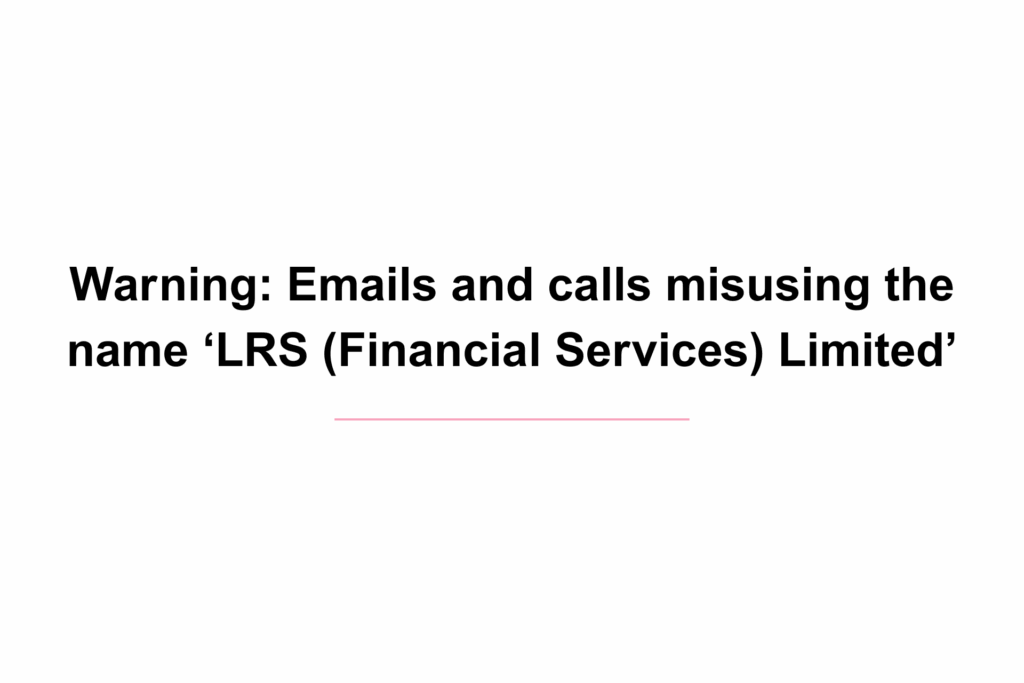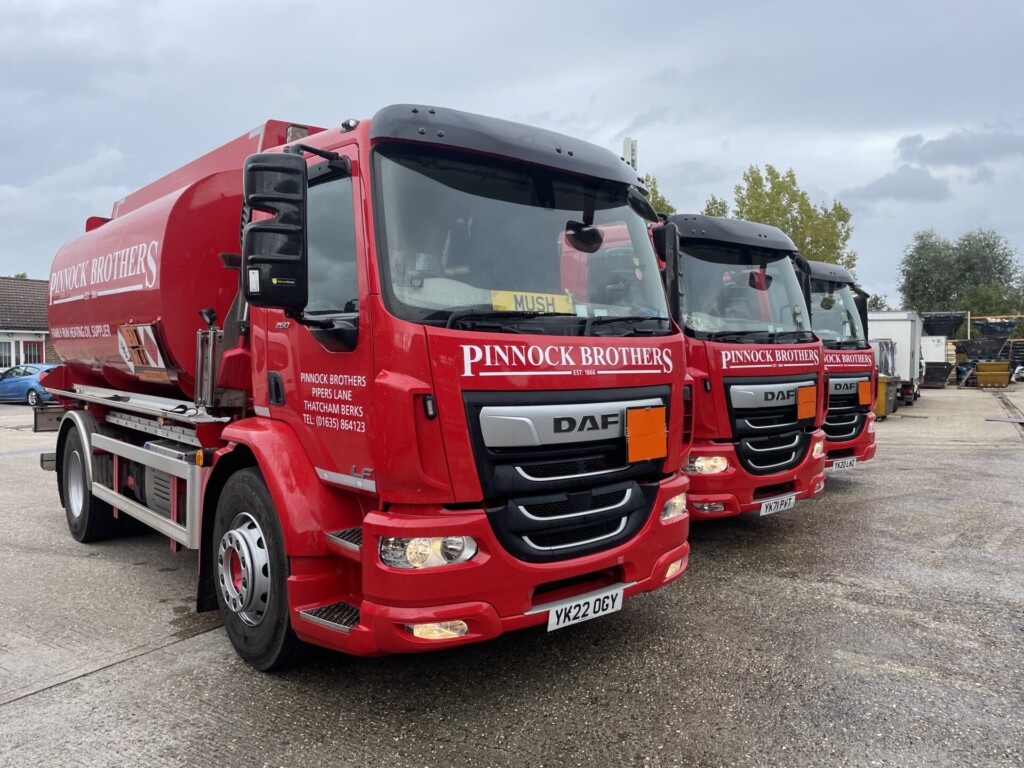For today’s internet era, you need a digital legacy, as Louise Igoe, head of Lodders’ Private Client department, explains.
Like it or not, our lives are increasingly saved on our phones, laptop and in the cloud. Our favourite memories, photos, videos, important documents and certificates used to be kept as physical objects, which when we died, would be relatively accessible to the loved ones we left behind. Nowadays, much of this is stored in the cloud, meaning it’s not as straightforward or easy for beneficiaries and family to retrieve them without digital legacy planning.
What is a digital legacy?
A digital legacy is any information or documents you leave behind online when you die. Think of it as your personal identity that lives on a computer and/or in the cloud, which includes:
- Email accounts
- Social media accounts
- Bank, investment and utility accounts
- Cloud storage accounts
- Customer accounts such as Amazon or eBay
- Websites and blogs.
Your online accounts and everything in them are known as digital assets, which are protected by usernames, passwords and privacy policies, so that only you can access them.
A digital legacy allows you to create a record of your instructions to enable access for your beneficiaries, and instructions for how you want your online accounts, personal files, documents, and social media profiles to be taken care of.
Many online platforms recognise the importance of this, and allow account holders to issue instructions of what should happen to them in the event of your death. For this reason, a digital legacy is increasingly considered a standard, normal part of a written will.
Planning your digital legacy
Approach it in a similar way to when writing or updating your will:
- Choose a digital executor
- List your online accounts, platforms, websites and so on
- Document your digital wishes
- Store your digital wishes, and let your solicitor and loved ones know where it is and how to access it.
Digital legacy planning can be difficult, but it will make life easier for your digital executor to view and access your photos, files messages, apps, websites and other data, and in turn decide what should happen to them in line with your instructions.
More information
For further information, contact Louise Igoe, head of Lodders’ Private Client department: e: louise.igoe@lodders.co.uk, t: 01789 206156.
This article first published in Issue 8 of our client magazine, Lodders Life. Read this and more features online here.
Contact usLouise is a partner and head of Lodders’ Private Client team.
She specialises in wills, probate and estate planning. Louise acts for a broad range of clients assisting them with the succession of their estates which can include farming estates and also family businesses.

Read more
Other news, insights and events







